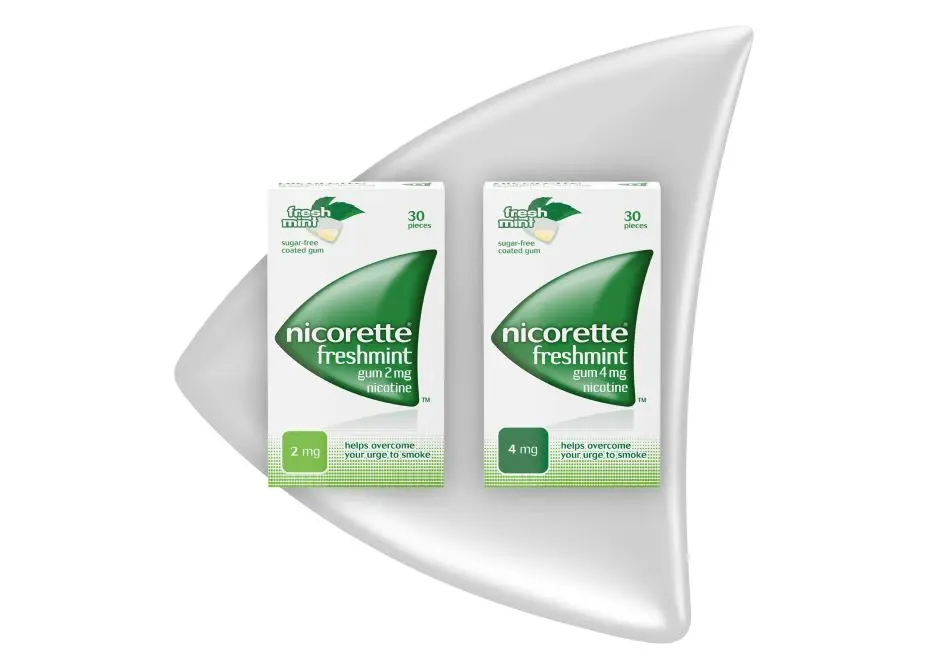There is no question about smoking, and its deadly impacts on the human body, the chief among them is smoking affecting your lungs. The fundamental job of your lungs is to transfer oxygen-rich blood from the air you breathe into the rest of your body and to remove carbon dioxide as waste when you exhale. Damage to this important organ can lead to serious illness and death. Cigarettes can injure lung tissue, making it difficult to function properly and increasing the risk of life-threatening diseases100. As such, the dangers of cigarette smoking cannot be undermined101.
How does smoking affect your lungs?
The lungs begin to be damaged as soon as you take your first puff. Over 7,000 chemicals are contained in each puff of cigarette smoke102. When you inhale, the smoke almost immediately reaches your lungs. The poisonous substances are subsequently carried throughout the body via the blood. Tobacco smoke contains carbon monoxide, a dangerous chemical that robs your blood of oxygen. This deprives all of your organs of the oxygen they require.
The effects of smoking on your lungs103 are numerous. Some of these effects include the following:
Smoking damages your airways and the little air sacs (alveoli) in your lungs, which can lead to lung disease.
COPD, which encompasses emphysema and chronic bronchitis, is one of the lung diseases induced by smoking104.
Smokers are 12 to 13 times more likely than nonsmokers to die from COPD.
The majority of lung cancer cases are caused by cigarette smoking105.
Also, if you have asthma, tobacco smoke can either cause or exacerbate an attack.
Also read to know the other 8 Reasons to Quit smoking, here.
How can you protect your lungs from smoking106?
One of your body's filtration systems is your lungs, which takes in air from the atmosphere, supplies oxygen to the blood for circulation, and eliminates excess carbon dioxide. This delicate balance is disrupted when tobacco is inhaled.
The greatest method to protect your lungs is to never start smoking tobacco, but if you are already a smoker, the sooner you quit, the better. Quitting smoking instantly reduces your risk of laryngeal cancer; lung cancer is lowered by 50% ten years after quitting, and mouth and throat cancers are decreased by 50% five years after quitting.
How to reverse the damage done107?
Stopping smoking is one of the most efficient ways to reverse the damage done. When you stop smoking, your whole health improves. After stopping smoking, the risk of lung cancer decreases dramatically. Furthermore, only 12 hours after stopping smoking, your blood carbon monoxide level returns to normal. Of course, this allows more oxygen to reach your organs.
What kind of support can I receive when quitting smoking108?
One of the most significant steps people can take to enhance their health is to stop smoking. This is true independent of their age or length of the smoking experience. So, make sure to:
Consider the positives
Make a strategy for quitting smoking
Take into account your eating habits
Alter your beverages
Recognize when you have a strong desire for smokes
Obtain assistance in quitting smoking or join cessation programs
Get your feet moving
Make non-smoking acquaintances
Make a list of reasons why you want to quit
The last thing on the list of things you need in life is a smoker's lungs. Avoid it at all costs as it is unpleasant, to say the least. Quit smoking now and get all the support you need along the way!
Also, check out 8 health complications caused by smoking, here.
Our aim at Nicorette is to help you quit smoking for good. Find more blogs from our medical professionals and understand why you should embrace your smoke-free journey with us.
Also, read about how smoking can damage your voice here.
References:
101Fisher, R. A. (1957). Dangers of cigarette smoking. British Medical Journal, 2(5039), 297.
102Colombo, G., Dalle-Donne, I., Orioli, M., Giustarini, D., Rossi, R., Clerici, M., ... & Gagliano, N. (2012). Oxidative damage in human gingival fibroblasts exposed to cigarette smoke. Free Radical Biology and Medicine, 52(9), 1584-1596.
104Osei, A. D., Mirbolouk, M., Orimoloye, O. A., Dzaye, O., Uddin, S. I., Benjamin, E. J., ... & Blaha, M. J. (2020). Association between e-cigarette use and chronic obstructive pulmonary disease by smoking status: behavioral risk factor surveillance system 2016 and 2017. American journal of preventive medicine, 58(3), 336-342.
105Jeon, J., Holford, T. R., Levy, D. T., Feuer, E. J., Cao, P., Tam, J., ... & Meza, R. (2018). Smoking and lung cancer mortality in the United States from 2015 to 2065: a comparative modeling approach. Annals of internal medicine, 169(10), 684-693.
106Pesce, G., Marcon, A., Calciano, L., Perret, J. L., Abramson, M. J., Bono, R., ... & Ageing Lungs in European Cohorts (ALEC) study. (2019). Time and age trends in smoking cessation in Europe. PloS one, 14(2), e0211976.
108https://www.nhs.uk/live-well/quit-smoking/10-self-help-tips-to-stop-smoking

Find the Right Product(s) for You
Answer a few short questions to find the right product(s) for you.

Help Conquer Your Cravings
We have compiled some top tips to help you conquer your cravings.
